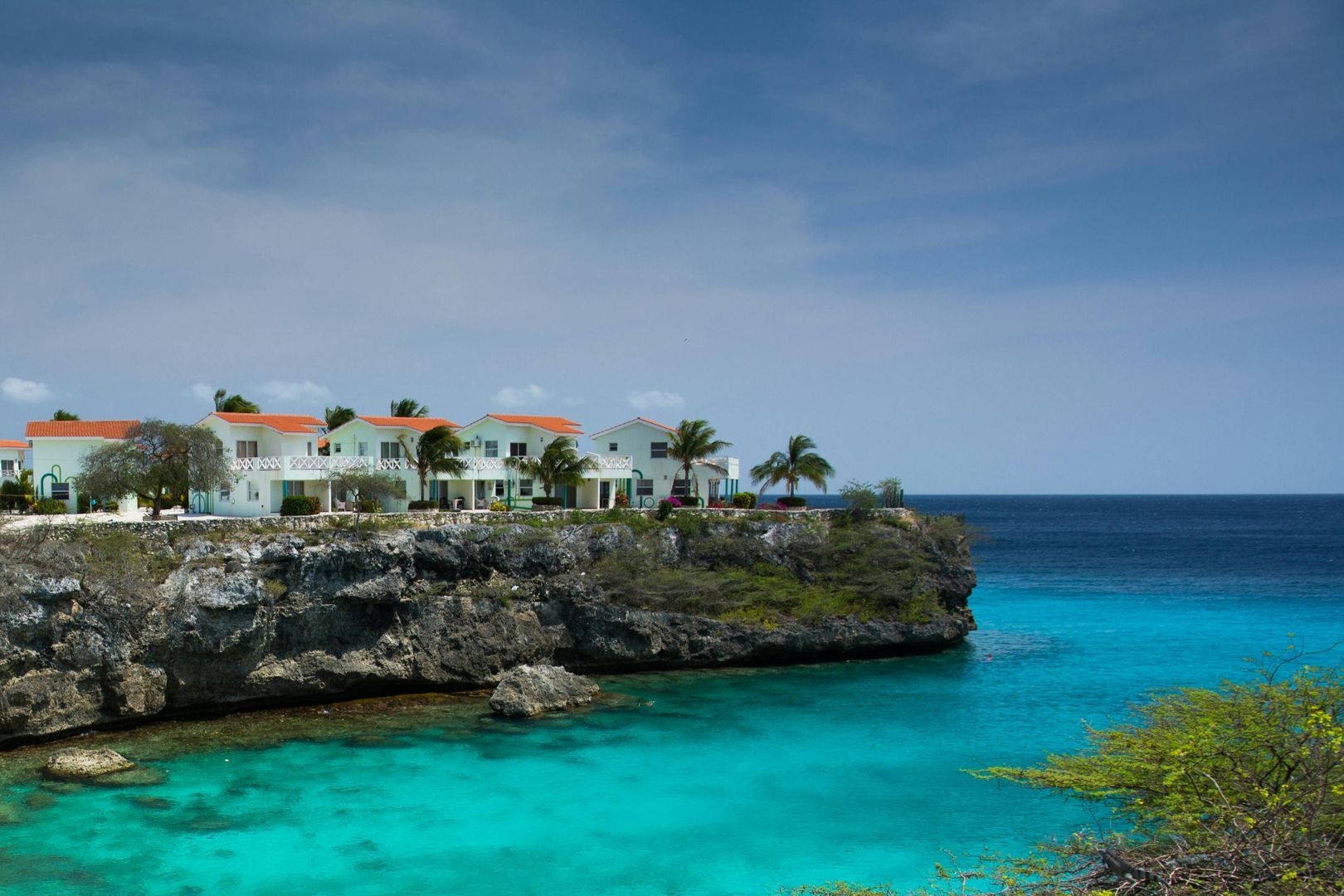Curaçao is renowned for its beautiful beaches, colorful architecture, and vibrant culture. The island attracts thousands of tourists from around the world each year. This influx of visitors significantly impacts the local real estate market, presenting both opportunities and challenges for investors. In this blog, we delve into how the tourism sector affects Curaçao's real estate market and what it means for potential investors.
Opportunities for real estate investors
1. Increasing demand for vacation accommodations
The growing number of tourists has led to an increasing demand for vacation rentals, ranging from luxurious beachfront villas to cozy apartments in the heart of Willemstad. Investors can capitalize on this demand by investing in vacation homes that can be rented out to tourists. The popularity of platforms like Airbnb has made this market even more accessible.
2. High rental yields
Vacation rentals can yield significantly higher returns than traditional long-term rentals. Tourists are willing to pay a premium for short-term stays in well-maintained and strategically located properties. This offers investors the chance to quickly recoup their investments and generate profits.
3. Development of commercial real estate
The tourism sector also drives demand for commercial real estate, such as hotels, restaurants, shops, and recreational facilities. Investors can take advantage of this growth by investing in commercial projects that attract and serve tourists.
4. Appreciation of property values
The popularity of Curaçao as a tourist destination has led to rising property prices, especially in sought-after areas like Jan Thiel, Pietermaai, and Mambo Beach. Properties purchased now can significantly appreciate in value as tourism continues to grow.
Challenges for real estate investors
1. Seasonal fluctuations
Tourism in Curaçao experiences seasonal peaks and troughs. The demand for vacation rentals can vary significantly depending on the season, leading to fluctuations in rental income. Investors must consider this when planning their cash flow and financial strategies.
2. Competition
The increasing popularity of Curaçao has resulted in a rise in the number of vacation rentals on the market. This means investors may face stiff competition, making it essential to stand out through quality, location, and marketing.
3. Maintenance and management
Managing a vacation rental requires continuous attention and upkeep to maintain high standards and receive positive reviews. This can be time-consuming and costly, especially if the investor does not live on the island and needs to hire a manager.
4. Regulations and permits
The local government may require specific regulations and permits for vacation rentals. Investors need to be aware of these requirements and ensure they comply with all legal and administrative obligations.
Conclusion
The tourism sector has a significant and positive impact on the real estate market of Curaçao, offering numerous opportunities for investors looking to benefit from the growing demand for vacation accommodations and commercial real estate. While there are challenges, such as seasonal fluctuations and competition, these can be managed with a well-thought-out investment strategy and a focus on quality and customer
 English
English Nederlands
Nederlands

